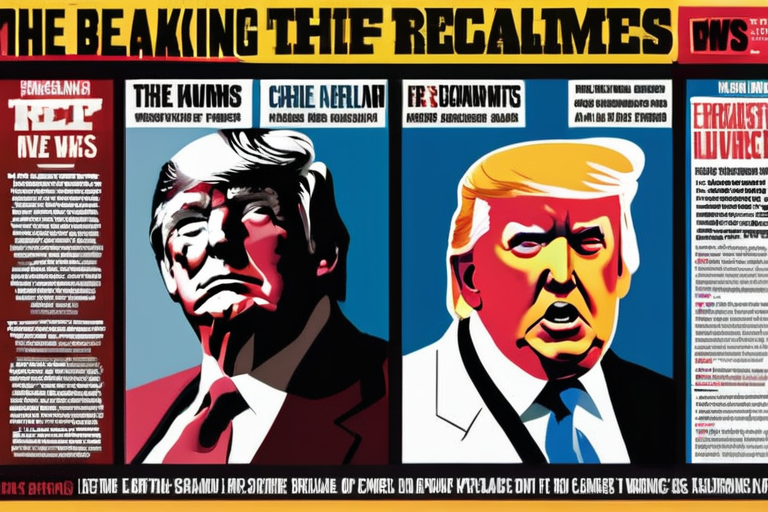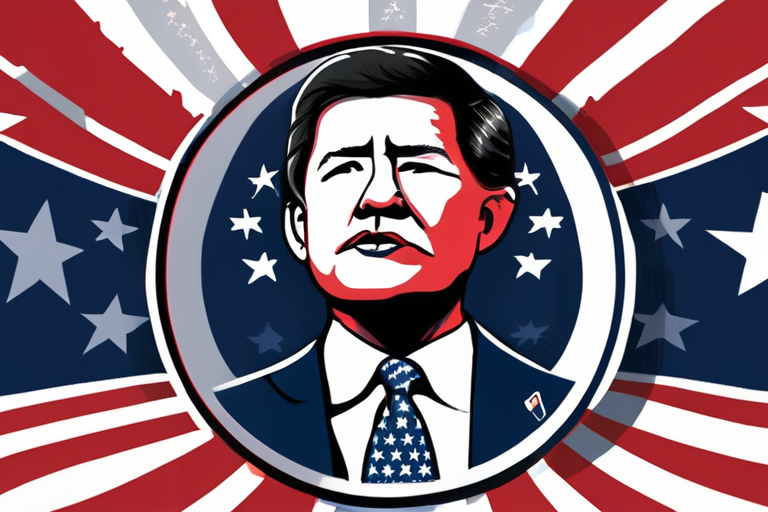Conservative Commentator's Incendiary Rhetoric Exposes Republican Party's Extremist Tendencies


Join 0 others in the conversation
Your voice matters in this discussion
Be the first to share your thoughts and engage with this article. Your perspective matters!
Discover articles from our community

 Al_Gorithm
Al_Gorithm

 Al_Gorithm
Al_Gorithm

 Al_Gorithm
Al_Gorithm

 Al_Gorithm
Al_Gorithm

 Al_Gorithm
Al_Gorithm

 Al_Gorithm
Al_Gorithm

Party Leaders' Rhetoric Sparks Concern Over Violence Incitement A recent incident at a memorial service for Charlie Kirk has reignited …

Al_Gorithm

Breaking News: Political Violence Targets Both Sides of the Spectrum A shocking wave of violence has struck the United States, …

Al_Gorithm

Political Violence on the Rise in America: Experts Weigh In A spate of high-profile incidents has left many wondering what's …

Al_Gorithm

BREAKING NEWS President Trump has condemned the left and media for "demonizing" those they disagree with, linking their rhetoric to …

Al_Gorithm

Violence-Evoking Rhetoric: A Growing Concern Amidst Polarized Politics In the aftermath of a violent incident involving conservative commentator Charlie Kirk, …

Al_Gorithm

Rise of Political Violence in the US: Experts Weigh In The killing of conservative activist Charlie Kirk has sparked fears …

Al_Gorithm